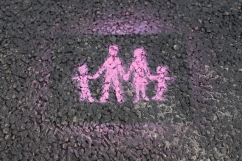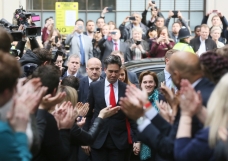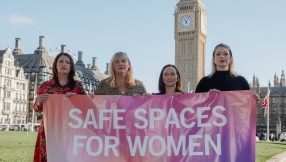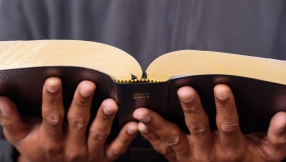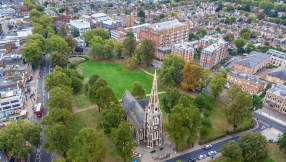Most evangelicals in the UK believe the last government hurt the poor more than the rich. According to a new report by the Evangelical Alliance (EA), nearly four out of five evangelicals think the coalition's economic policy hurt the poor more than the rich and two-thirds say welfare reform policies had a negative impact on the sick and disabled.
Just 15 per cent of evangelicals believe the last government's economic policy worked well to produce a more prosperous future for all.
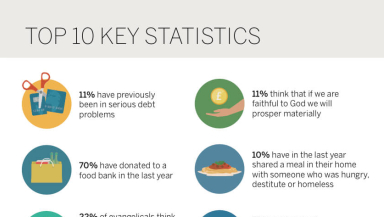
The 'Good news for the poor?' report says the high levels of concern spring from the belief that God is on the side of the poor. Evangelical Christians would support a more generous welfare budget from the new Conservative government, the report argues.
Nearly nine in 10 evangelicals believe those who neglect to care for the poor will be judged more harshly, 28 per cent think the welfare budget is too low (compared to 15 per cent of the UK population), and 46 per cent think that cutting welfare benefits is not a good way to tackle poverty.
However, more than one in five do believe the welfare budget is too high and also believe cutting welfare is a good way to tackle poverty.
They don't just blame the government. Less than half say their own church is doing lots of good and effective work to tackle local poverty issues, a quarter admit that their church does not do effective work to tackle poverty locally and two thirds say churches in the UK are not very good at evangelising and discipling the poorest in society.
Evangelicals believe getting a good education is the best route out of poverty with strong businesses providing employment, debt advice and money management courses.
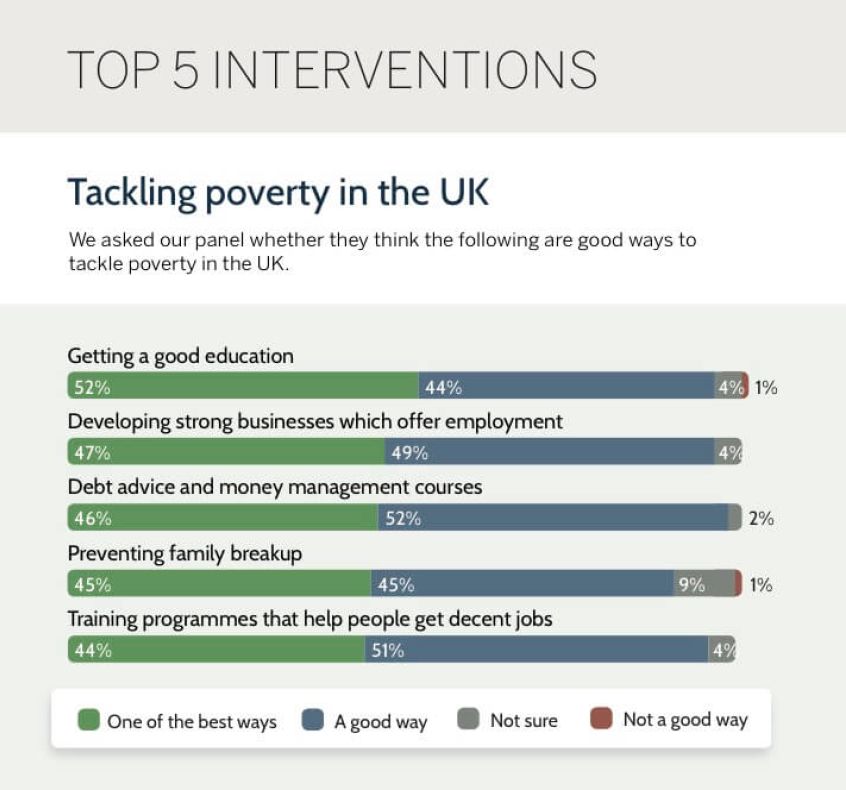
Dr Dave Landrum, director of advocacy at the Evangelical Alliance, said: "Evangelicals are active in tackling poverty and they're disappointed at the record of the government over the past five years. As ever, we're committed to working with charities and local government to help those in our neediest neighbourhoods.
"We want to see a society that provides opportunities for people to work and to have access to the education and training necessary to be able to avoid or escape poverty. The government not only needs to value and support the work of churches, it also has a responsibility to make sure that poverty decreases and doesn't increase in the next five years."
On an individual level, evangelical Christians are generous supporters of initiatives to tackle poverty. Seven out of 10 donated to a food bank in the last year and nearly four in 10 were volunteering for a local Christian project tackling poverty. One in 10 had even gone so far as to share a meal in their home with someone who was hungry, destitute or homeless.
The report says: "The vast majority believe that it is greed rather than lack of resources that causes global poverty, that the UK is spiritually destitute, and that local churches should share their resources so that no members experience serious poverty."
While evangelicals are aware that the government alone can't solve poverty, they also fear that the state is reducing its support systems and are concerned about the impact of policies on the poorest and most vulnerable.
John Kirby, international director of Christians Against Poverty (CAP), said: "Just this week, we've had 31 representatives from churches across the UK with us to be trained to open, grow and maintain CAP debt centres. We know poverty is a huge concern for the Church and we'd warmly welcome any MP – new or re-elected – who wants to learn more about our work and about the people we help."
Gordon Gill, at Christian charity Prospects, said: "Government estimates suggest there are 1.5 million people living in the UK with learning disabilities. Put another way, 1.5 million families affected by learning disability. We know financial hardship is very real for these families as parents, out of necessity, leave full-time employment to take on a lifetime caring role. For these families, the support they desperately need is more than financial. Last year 252 volunteers from 88 local churches attended Prospects training events to open support groups for families affected by learning disability."
The EA, which represents two million UK Christians, surveyed nearly 2,000 people in November 2014 of which 1,607 described themselves as evangelicals. The findings are based on this latter group.
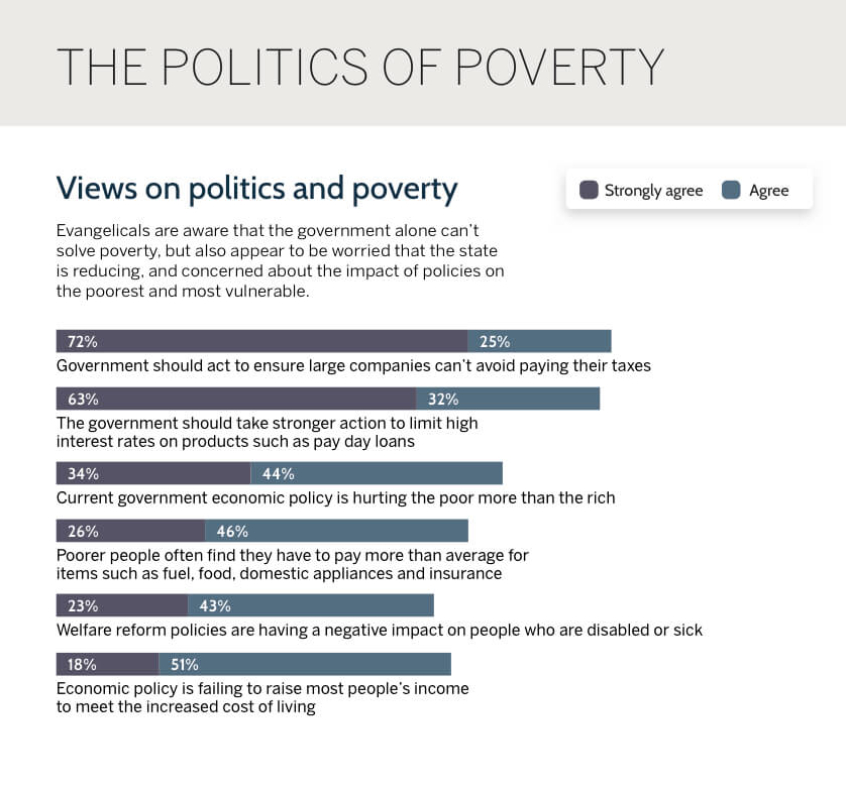
Christian children's charity Spurgeons is calling on churches to step up to the challenges raised in the Queen's Speech and to work to help care for disadvantaged children and families across the UK. Chief executive Ross Hendry said: "The real test of this week's Queen's speech is whether it promotes the common good and is compassionate to individuals and communities who are marginalised, vulnerable or at risk of being abandoned when they need our support.
"The Government is setting out to tackle some deep seated and complex problems, and that is to be supported and applauded. Too often those in power have avoided difficult choices. But I am concerned that some of the measures proposed in the Queen's Speech will fail to meet the significant problems faced by the families we work with."
Specific concerns are that the benefits cap reduction is expected to hit families with children the hardest, and fears that apprenticeships could become a source of cheap labour.
Hendry added: "The Church was once the main provider of social services before central government took them over. Now with budget cuts, there is a clear role for the Church to take another look at the gaps and get involved in filling those gaps as partners with Government."











